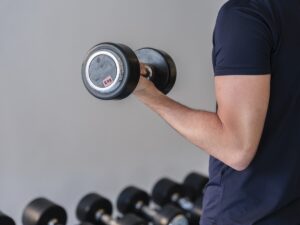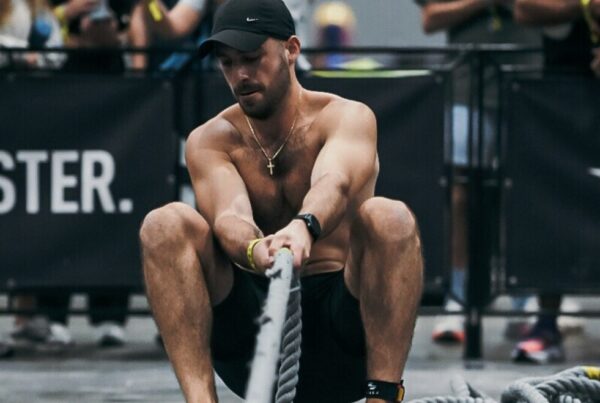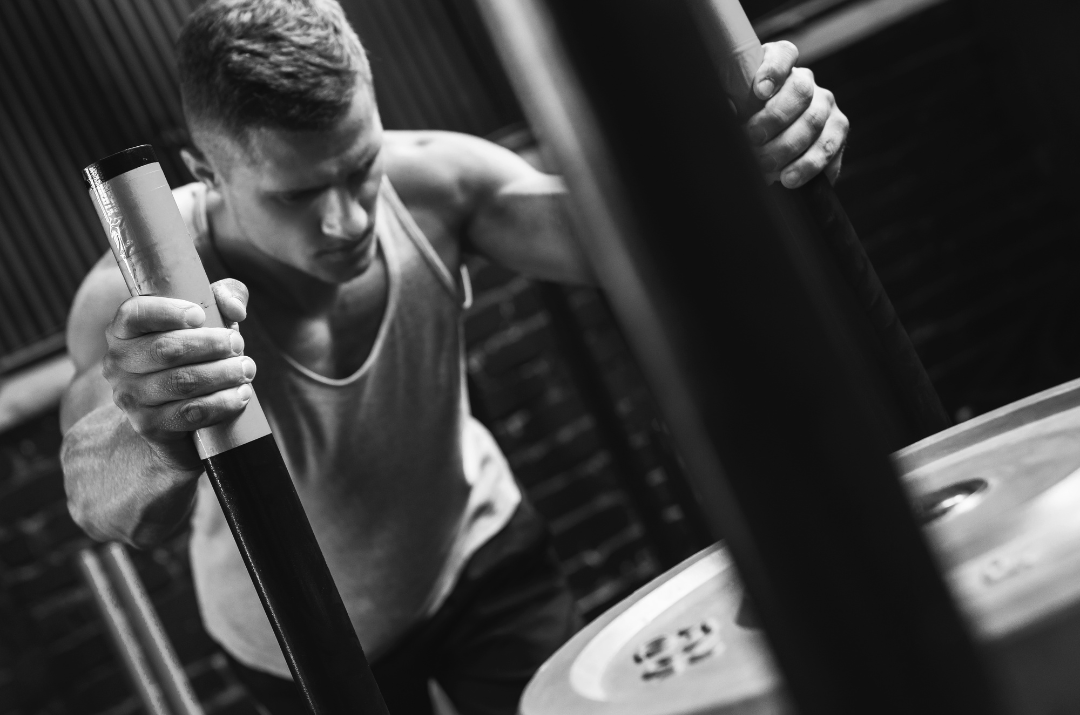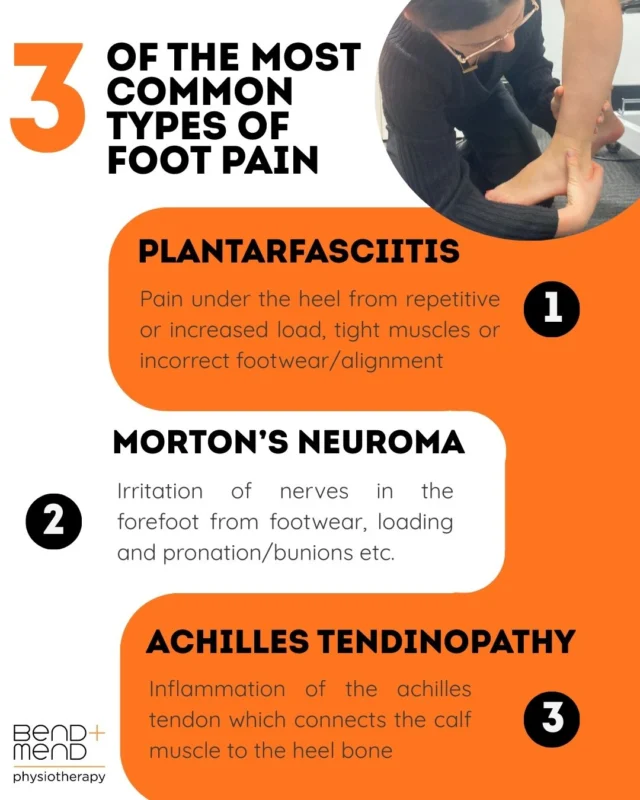Rotator cuff tears are a common injury that can significantly impact your shoulder’s function and your overall quality of life. Whether you’re an athlete, a weekend warrior, or someone with a physical labour-intensive role, a rotator cuff tear can be a debilitating condition. Fortunately, physiotherapy offers an effective approach to managing and recovering from these injuries, providing a non-surgical alternative where necessary to help you regain full function.
What is the rotator cuff?
The rotator cuff is a group of four muscles and their associated tendons that stabilise the shoulder joint and contribute to certain movements. These muscles are the supraspinatus, infraspinatus, teres minor, and subscapularis. Together, they keep the head of the humerus (the bone of the upper arm) securely in the shallow socket of the shoulder blade (glenoid) while allowing for a wide range of motion.
Causes and symptoms of rotator cuff tears:
Rotator cuff tears can occur due to acute injuries, such as falls or lifting heavy objects, or because of chronic wear and tear. Overuse, particularly from repetitive overhead activities, can lead to gradual degeneration of the tendons, making them more susceptible to tears.
Common symptoms of a rotator cuff tear include:
- Pain: Often described as a dull ache deep in the shoulder, which can worsen at night or with specific movements.
- Weakness: difficulty in lifting objects or performing overhead activities.
- Limited range of motion: Pain and weakness can restrict shoulder movement.
- Clicking or popping: You may hear or feel a clicking sensation when moving the shoulder.
How physiotherapy can help:
Physiotherapy is essential when considering a surgical or conservative approach for treatment of rotator cuff tears. Here’s how we can help:
- Pain management
Physiotherapists employ various techniques to help manage and reduce pain. Manual therapy techniques, including joint mobilisations and soft tissue massage, can help ease pain and improve mobility. Education around appropriate levels of load and activity can also help with pain levels through exercise induced analgesia (pain relief associated with exercise).
- Restoring range of motion
One of the primary goals of physiotherapy is to restore the shoulder’s range of motion. Initially, gentle stretching exercises and passive range-of-motion activities are used to prevent stiffness and maintain flexibility. As healing progresses, more active stretching and mobility exercises are introduced to further improve shoulder movement.
- Strengthening the rotator cuff
Strengthening the muscles around the shoulder is crucial for recovery and prevention of future injuries. Your physiotherapist will design a specific exercise program to target your affected rotator cuff muscle as well as the surrounding muscles. Strengthening these muscles helps to support the shoulder joint and reduce load on the injured tendons.
- Improving function
Rehabilitation programs include functional training to help you return to your daily activities, sports and tasks that are important to you. This might involve exercises that mimic the movements you perform in your daily life or work. By gradually reintroducing these activities, physiotherapy helps a return to full function safely and confidently.
- Preventing future injuries
A comprehensive physiotherapy program also focuses on injury prevention. This includes educating patients on proper body mechanics and posture, as well as recommending modifications to activities that may contribute to shoulder strain. Strengthening the rotator cuff and improving overall shoulder stability reduces the risk of future injuries.
A rotator cuff tear doesn’t have to mean a lifetime of discomfort or limitations. Physiotherapy offers a comprehensive approach to managing and recovering from this common injury. Through pain management, restoring range of motion, strengthening muscles, improving function, and preventing future issues, physiotherapy can help you get back to doing what you love and doing it pain-free! If you suspect you have a rotator cuff tear, consulting a physiotherapist can be a crucial step towards a successful recovery and a healthier, more resilient shoulder.






